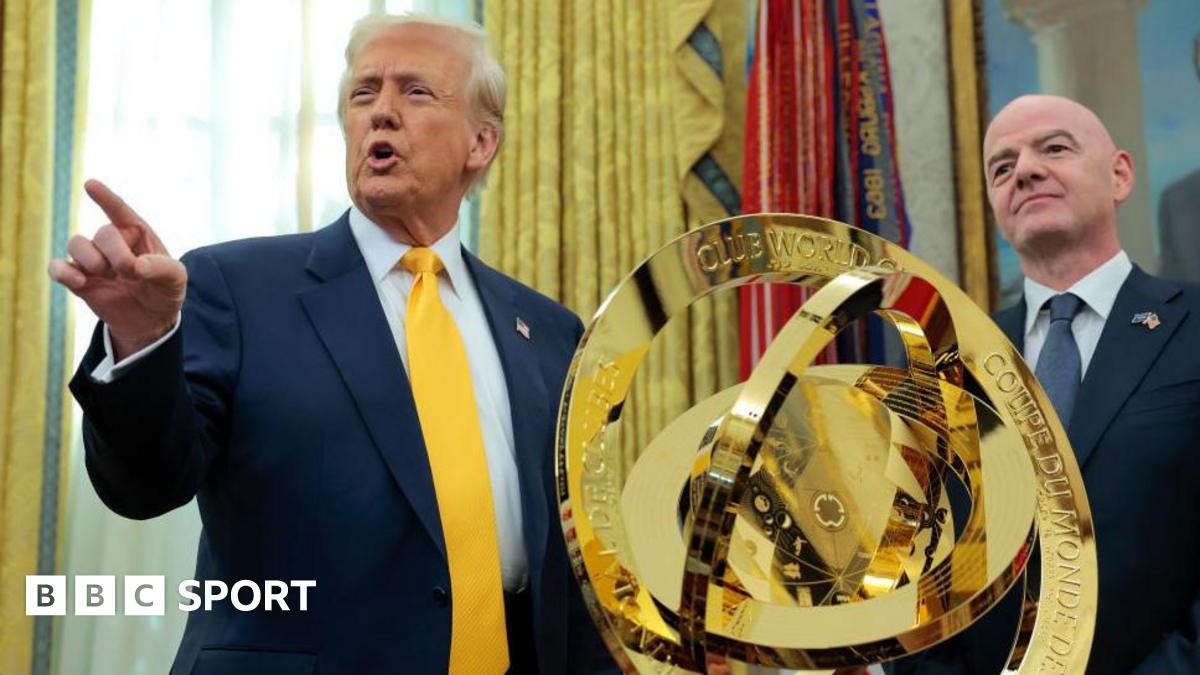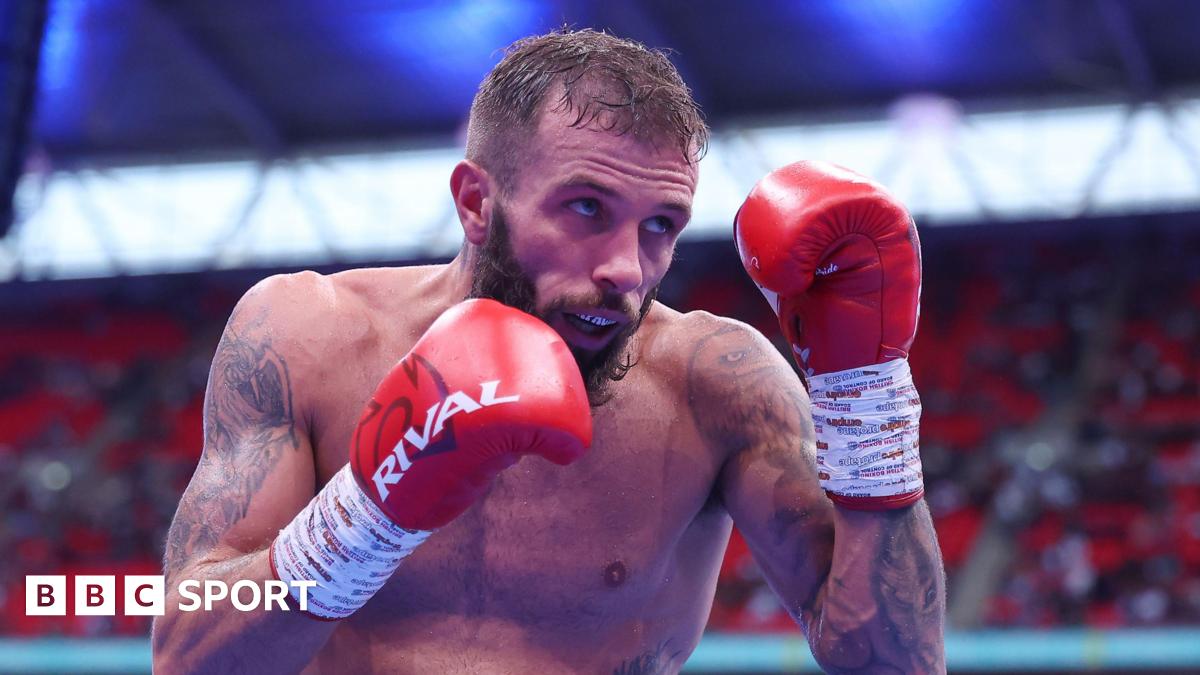The Chinese Communist party hopes Western democracies “go to sleep on the threat” it poses to the international order, former prime minister Scott Morrison has told a congressional committee in the US.
In a forthright appearance before the hawkish US House of Representatives select committee on the strategic competition between the United States and the Chinese Communist party, Morrison said China had changed diplomatic tack after he lost the 2022 election to Anthony Albanese.
“This included abandoning their economic and diplomatic bullying and coercion for more inductive engagement, laced with charm and flattery,” Morrison said. “That said, the PRC still continues to engage in intimidatory behaviour by their military against Australia when it suits them without remorse.”
Morrison said while China’s diplomatic tactics had changed, its objectives were unaltered: to isolate US influence in the Indo-Pacific and weaken efforts at countering Beijing’s “potential security threat”.
He said Australia should boost its defence spending to the 3.5% of GDP demanded of it by the US, arguing “the world has changed” and that Chinese leaders sought to “recast the world order to accommodate their illiberal objectives”.
Morrison accused the current Labor government of scrimping on defence spending in order to pay for the Aukus submarine deal, which will cost $358bn to the 2050s.
Morrison later told reporters Australian defence spending parsimony – in particular the “displacement” of funds to prioritise Aukus – had been raised by the US in its review of the agreement.
Sign up: AU Breaking News email
“It wasn’t [meant to be] ‘Aukus instead’, it was ‘Aukus as well’,” he said. “And ‘Aukus as well’ was at least going to add another half a percent of GDP, at least.”
Morrison said Australia should raise its defence spending to 3% of GDP by 2030 and 3.5% by 2035. The government spends a little over 2% of GDP on defence currently, with forecasts to lift that to 2.3% by 2033. To prioritise Aukus, significant cuts have reportedly been made to defence programs, training budgets and to senior defence ranks.
Australia has already paid $1.6bn to the US as part of the Aukus agreement. However, the future of the massive nuclear submarine deal remains uncertain as the Pentagon undertakes a review to ensure it does not weaken US naval capacity or diminish America’s force posture to contain China.
Morrison, whose leadership between 2018 and 2022 endured a low in relations with Beijing, told the committee it was vital for western nations to resist Chinese attempts to interfere in politics and curb free speech.
Citing polling of Australians by the Lowy Institute, the former prime minister told US lawmakers that “for the first time in quite a number of years there is a greater value on the economic partnership with China than concerns about the security threat”.
“That is an objective of the CCP [Chinese communist party], that western democracies go to sleep on the threat,” Morrison said.
“You need to build the internal resilience, and that means an appreciation of the potential threat. And that is somewhat in jeopardy in Australia.”
Morrison said the liberal world order faced a “rising threat from authoritarian states who, not content with absolute control over their own populations to preserve their regimes, also seek hegemonic control over their own regions and to recast the world order to accommodate their illiberal objectives”.
after newsletter promotion
“The Chinese Communist party government of the People’s Republic of China is such a regime.”
And Morrison said Western countries were “kidding themselves” if they thought dialogue would change Beijing’s pursuit of their objectives.
“A free and open Indo-Pacific – that is a threat and a challenge to regime security in China,” he said.
“Discussion is fine, engagement is good – it’s better than the alternative. But if we think that is going to produce change in the mindset of Beijing then we’re frankly kidding ourselves.”
Appearing alongside Morrison before the committee hearing was Rahm Emanuel, formerly president Barack Obama’s chief of staff, mayor of Chicago and US ambassador to Japan. Emanuel is widely considered to be a leading Democratic contender contemplating a run for the White House in 2028.
He argued the US – in a significant shift from the Trump administration’s “America First” doctrine – should lead a strong “anti-coercion coalition” along with allies like Australia to counter Beijing’s growing influence.
He cited China’s trade sanctions on beef, wine and barley, imposed after Australia led calls for an inquiry into the origins of Covid-19, as examples of economic coercion, China’s most “pernicious and persistent tool”.
“Australia is the best kind of blueprint of what you want to replicate worldwide. They did it on their own,” Emanuel said. “And China realised they couldn’t isolate Australia.”

 4 months ago
59
4 months ago
59








 English (US) ·
English (US) ·